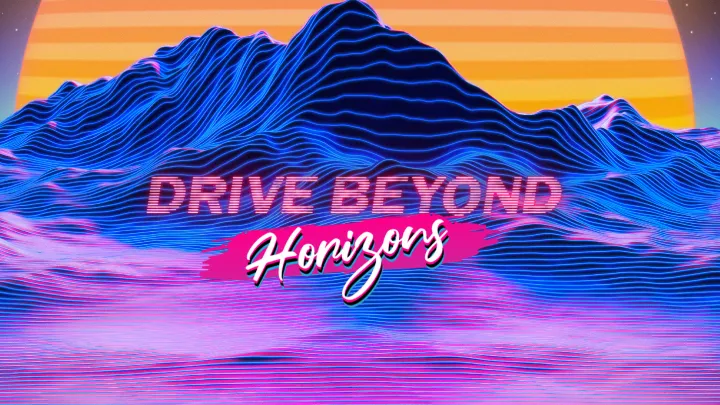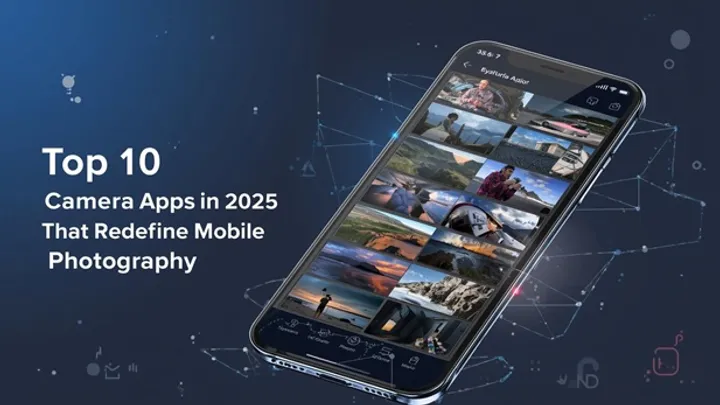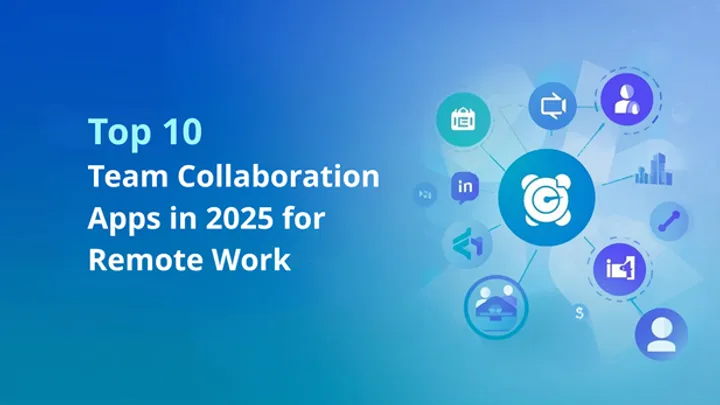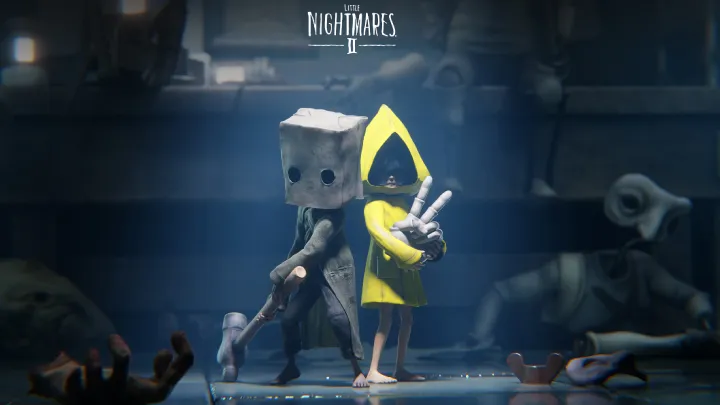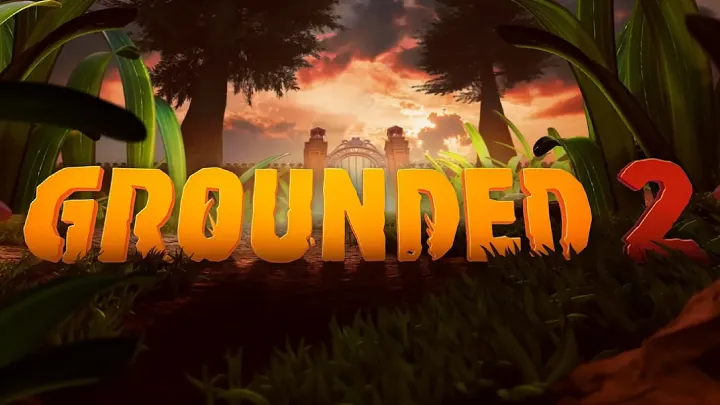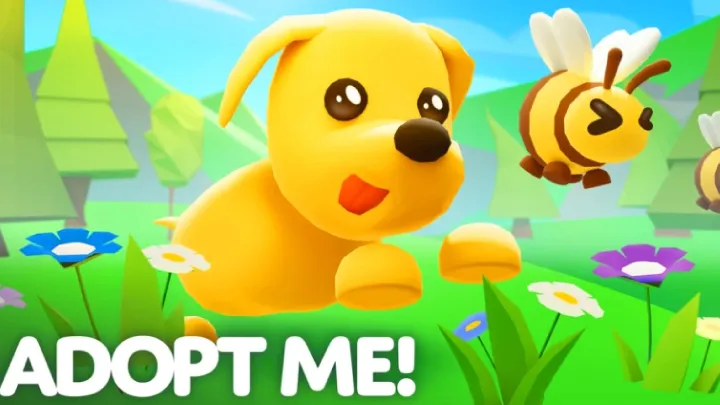Grounded 2 invites players back into a world both familiar and terrifyingly new. Shrunken to the size of an ant, you are once again thrust into the perilous microcosm of a suburban backyard. This is no ordinary survival game; it's a profound experience that simulates the human condition on a miniature scale. From the constant threat of a spider to the challenge of building a secure base from a few blades of grass, every action has a consequence. This guide will walk you through every critical aspect of the game, from mastering the basics to navigating the deepest of its systems. Along the way, we'll draw surprising parallels to the real world, including finance, legal strategy, and personal health, proving that the skills needed to survive in the backyard are not so different from those required to navigate the challenges of modern life.
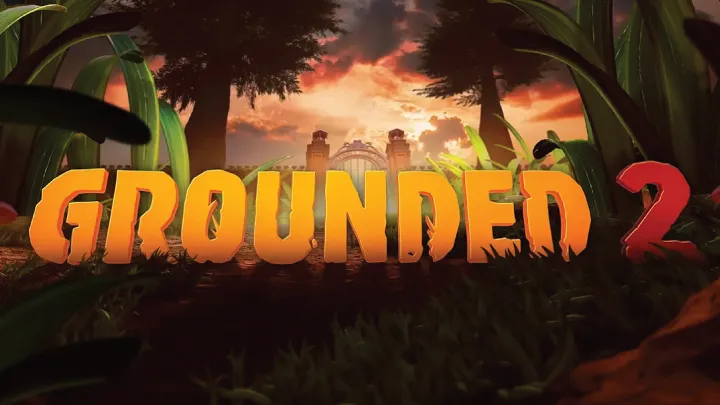 The Basics of Survival: Your First 24 Hours in the Backyard
The Basics of Survival: Your First 24 Hours in the Backyard
Your first hours in Grounded 2 are the most critical. You are dropped into the world with nothing but your wits and a few basic tools. The "How to" here is simple: find shelter, find food, and find water. The world is a hostile place, and you must be constantly aware of your surroundings. The most immediate threat is not a giant monster, but a simple ant, a spider, or a blade of grass.
The game’s survival mechanics are based on real-world principles. You need to manage your hunger, your thirst, and your energy. If you neglect any of these, you will quickly perish. This is a form of basic education that will teach you the importance of self-preservation. The game's systems are intuitive but unforgiving, and a single mistake can cost you your life. This initial period is a crucial form of education that will shape your entire experience.
The Technology of Early Survival
Your early survival is powered by a simple but effective form of technology: your tools. You can craft a basic axe to chop down grass, a spear to hunt for food, and a canteen to store water. These tools are your first line of defense against the hostile world. They are a form of primitive software that allows you to interact with the world in a meaningful way.
The game's crafting system is a form of digital trading. You are exchanging raw materials for finished products, and the value of each item is determined by its rarity and its usefulness. You'll quickly learn the importance of managing your resources and making smart trades. The entire process of survival is a form of constant negotiation with the world around you.
How to Master Resource Management and Crafting
As you progress in Grounded 2, your resource needs will become more complex. You'll need to find rare materials to craft advanced tools and armor. This is where the game's finance system comes into play. You'll need to manage your inventory, your resources, and your time. Every item has a value, and you must be able to recognize it.
The game's crafting system is a form of advanced trading. You are not just exchanging raw materials for finished products; you are also making long-term investments in your character's progression. The most advanced items can take a long time to craft, but they can give you a significant advantage in battle. The entire process of crafting is a form of financial planning.
The Credit of a Survivor
In a world without banks, your credit is your reputation. If you are known as a resourceful and reliable survivor, other players will be more willing to trade with you. If you are known as a scammer or a thief, you will quickly be ostracized. This social system is a form of digital credit that can have a significant impact on your gameplay.
The game's economy is a simplified version of our own. You can acquire a form of virtual loan by asking a friend for a resource that you don't have. This is a form of trust-based finance that is crucial for survival in a hostile world. The entire process of resource management is a form of constant negotiation with the world and with other players.
Building Your Base: A Guide to Miniature Real Estate
Your base is your home, your sanctuary, and your most important asset. It's a place where you can store your resources, craft new items, and rest your head at night. Building a base requires a significant investment of time and resources. You must find the right location, gather the necessary materials, and build a structure that can withstand the attacks of hostile insects.
The process of building a base can be compared to taking on a mortgage. It's a long-term commitment that requires a significant investment of resources. You must be able to afford the materials, the time, and the energy required to build a structure that can protect you from the dangers of the backyard. The entire process is a form of virtual real estate management.
The Insurance of a Survivor
In a world filled with danger, your base needs insurance. While there is no in-game insurance company, the game's security features act as a form of protection. You can build walls, traps, and other defenses to protect your base from attacks. This gives you a sense of security and peace of mind.
The entire process of building and defending your base is a form of legal contract. You are making an agreement with the world around you that you will be allowed to exist in peace. If you break this contract, you will be punished. The game's hostile creatures are a form of natural law that will enforce the rules of the backyard.
The Ecology of the Backyard: Understanding the Threats to Your Health
The backyard is a beautiful but dangerous place. The insects that inhabit it are your enemies, and they will stop at nothing to kill you. The game's combat system is a form of personal injury simulation. You can be bitten, stung, or poisoned by hostile creatures, and you will need to find a way to recover.
Your health is your most important asset. You need to manage your hunger, your thirst, and your energy. If you neglect any of these, you will quickly perish. The game's survival mechanics are based on real-world principles, and they will teach you the importance of taking care of yourself. The entire process of survival is a form of constant negotiation with the world around you.
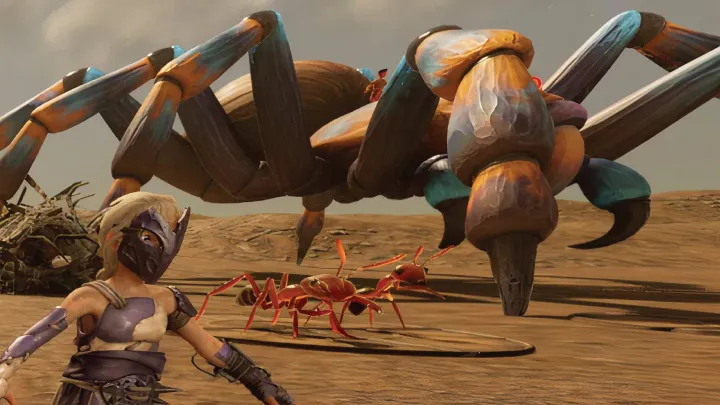 Long-Term Treatment and Recovery
Long-Term Treatment and Recovery
A serious injury can put you out of commission for a long time. You may need to rest in your base, heal your wounds, and find a way to get back to full strength. This is a form of long-term recovery that can be frustrating, but it's a part of the game. You must be prepared to handle the unexpected.
The game’s medical system is a form of treatment that allows you to heal your wounds and recover from injuries. You can craft bandages, potions, and other items to help you get back on your feet. The entire process is a form of virtual rehab that will help you become a better survivor. The game even uses a form of Cord Blood as a metaphor for a rare item that can be used to heal a serious injury.
The Legal and Social Contracts of the Miniature World
In a world with other players, disputes are bound to happen. What happens if a player steals your resources or attacks your base? This is a form of legal issue that requires you to take action. You can report the player to the game's developers, and they will investigate the matter.
The game's developers act as the ultimate lawyer for the community. They are responsible for enforcing the rules and ensuring fair play. If a player is found guilty of cheating, they can be banned from the game. This is a form of digital justice that protects the integrity of the game.
The Verdict of the Backyard
The backyard itself can be seen as a metaphorical courtroom. Every fight is a battle of will and skill, and your survival is the verdict. You can file a claim if you believe another player cheated, and the developers will investigate the matter.
In extreme cases, a dispute between two players can lead to a virtual divorce. The two parties may need to go their separate ways, and their relationship will be forever changed. This highlights the fact that even in a virtual world, relationships can be complex and messy. The game's community is a form of social support system that can help you navigate these issues.
The Science of Survival: Education and Training
To become a master survivor, you need to be willing to learn. The game’s community is a great place to start. You can join virtual classes taught by expert players, where you'll learn about the best survival strategies, the most efficient ways to gather resources, and the secrets of the game's hidden mechanics.
These informal classes are a form of education that can help you become a better player. You'll learn from the best, and you'll be able to apply your newfound knowledge to your own gameplay. Earning a rare item or a high-tier weapon can feel like earning a degree in survival. It's a testament to your hard work and dedication.
Advanced Learning Modules
For advanced players, mastering the game's science involves a deep understanding of its intricate systems. This level of skill is a form of specialized knowledge, a degree in backyard ecology. These players often participate in virtual conference calls on forums and social media to discuss strategies and share tips. This level of community engagement is a vital part of the gaming experience.
The process of learning to use advanced tools and crafting recipes requires a disciplined approach, much like a rigorous education program. You must practice to become truly proficient, and the more you put in, the more you get out.
The Technology of the Shrunken World
The game’s entire world is powered by a robust technology engine. The realistic physics of the grass, the detailed textures of the insects, and the seamless world are a testament to the developers' mastery of modern software engineering. The game's engine is designed to be highly responsive, and it relies on complex algorithms to simulate realistic gameplay.
The entire game is "hosted" on the developers' servers, and a stable connection is crucial for a smooth and enjoyable experience. The entire game relies on the seamless transfer of data between your console and the game's servers. The speed and efficiency of this transfer are a testament to the power of modern technology.
The Cost of Power
The game's servers are a form of hosting that require a significant amount of Gas/Electicity to run. The cost of running these servers is a major expense for the developers, and it's a reminder that even in a digital world, there are real-world costs.
You can also think of your internet connection as a form of Gas/Electicity. It powers your game, and it allows you to connect with other players. Without it, you would be lost. The cost of a good internet connection is a small price to pay for a great gaming experience.
The Business of Exploration: Understanding Your Assets
In a survival game, every item you own is an asset. You can use it to craft new tools, to build your base, or to trade with other players. The process of gathering and managing your resources is a form of business. You are constantly making decisions about what to keep and what to transfer.
You can also think of your time and energy as a form of donation. You're giving your time and energy to the game, and in return, you're getting a great gaming experience. The entire game is a form of social contract between you and the developers.
The Power of Communication
When playing with a team, communication is key. You'll need to use voice chat or a conference call to coordinate your actions, share resources, and plan your strategy. The ability to communicate effectively is a form of technology that can give you a significant advantage over your opponents.
The process of sharing resources with your team is a form of transfer. You're giving away your items to help your teammates, and in return, you're building trust and loyalty. This social system is a form of digital finance that is crucial for survival in a hostile world.
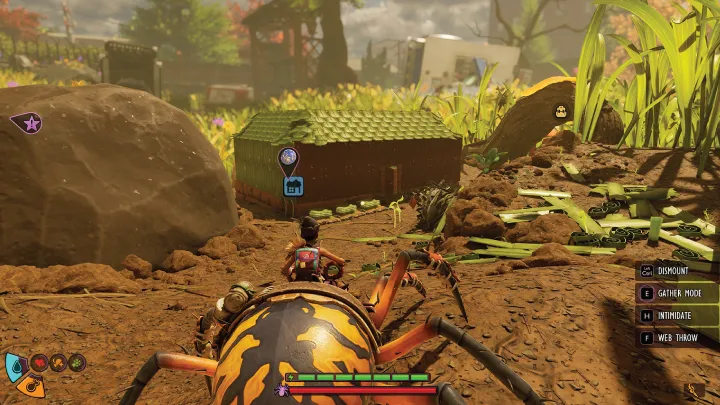 Mastering Travel and Traversing the Backyard
Mastering Travel and Traversing the Backyard
The ultimate "How to" in Grounded 2 is mastering traversal. The backyard is a vast and detailed world, and getting around is half the fun. You can travel across the map by climbing grass blades, jumping from mushrooms, or using ziplines. The sheer joy of movement is what makes the game so special.
This free-form travel is an experience in itself. You can go anywhere you want, from the highest blade of grass to the deepest puddle. The seamless nature of the map allows you to explore every nook and cranny. You’ll be able to find hidden collectibles, side quests, and other secrets as you explore the world. The joy of travel is not just about getting to your destination; it’s about the journey itself.
Finding Your Path
The backyard is a web of interconnecting paths. You can choose to be methodical in your travel, taking the most direct route to a location, or you can choose to be spontaneous, simply exploring for fun. There is no right or wrong way to explore, and the game rewards you for both.
The sense of freedom is unparalleled. You can go anywhere you want, and the game’s world feels alive and responsive to your movements. This freedom of travel is a core part of the survival fantasy.
Conclusion and Final Thoughts
Grounded 2 is a triumph in every sense of the word. It's a game that offers a masterclass in gameplay, storytelling, and world-building. While it may be a shorter experience than its predecessor, it is a focused and polished one that will leave a lasting impression. From mastering the fundamentals to navigating the complex systems, this guide has shown you that the skills you need to master this game are not so different from those required to navigate the complexities of life. It’s a game that will teach you about finance, health, technology, and even legal matters, all while surviving in a tiny world.
The journey of a tiny survivor is a true coming-of-age story, and the game is a must-play for fans of the genre.






